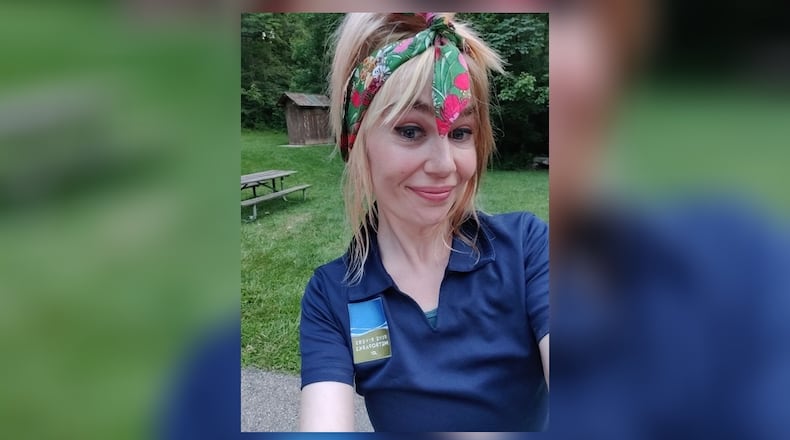On the surface, years of poor choices, along with verbal, emotional and sometimes physical abuse, left my father without a permanent residence and with family who did not feel safe around him. As an adult, I understand much of this was rooted in his mental illnesses.
The nexus many people’s struggles, from addiction to homelessness, is untreated mental illness, and often it’s the people closest to these individuals who suffer along with them.
It’s taken nearly my entire adulthood to rebuild my self-esteem and manage my general anxiety disorder. Even now, I struggle to cultivate deep relationships with others because of the fear of being hurt or “less than.” After all, no one wants to share their time with complicated people, right?
Additionally, I am in the in the position where I need to protect your own mental health while also understanding my loved one – who has spent nearly a lifetime breaking your heart – does so because they are unwell and need help. It is one of the most emotionally difficult things I’ve ever experienced.
National Hunger and Homelessness Awareness Week was recognized Nov. 12 – 20. It is my hope people understand that supporting organizations that address challenges associated with mental health, addiction, hunger and homelessness have a ripple effect far beyond the individuals who see a direct benefit. They benefit people like me, someone who has had to care about their parent from a physical and emotional distance.
According to 2021 data by Homeless Solutions, 3,397 “households” and 3,987 people experience homelessness in Montgomery County annually. Additionally, statistics point to racial disparity among those who are homeless, with Black individuals experiencing homelessness at nearly the same rate as white individuals, although Black individuals account for only 21% of the county, demographically speaking.
In addition, the affordable housing shortage makes finding a permanent residence difficult for many. Youth homelessness is also a challenge, specifically for LGBTQIA+ youth. In fact, the Williams Institute reports that 40% of homeless youth serviced by agencies identify as LGBT+.
A 2015 assessment by the U.S. Department of Housing and Urban Development states that of the 564,708 people who were homeless on any given night in United States, 25% of had a serious mental illness. People who are without permanent residence and mental illness also are more vulnerable to addiction.
Because physical and mental wellness are closely tied, lack of access to nutritional food is just another challenge for people who are homeless, in addition to the 44 million Americans who are at risk of suffering from hunger. More than 30% of people in the Foodbank’s service area struggle with food insecurity, nearly 33% of whom are children.
There is no easy way to address these challenges, but we can look to community leaders who are on the frontlines of these battles for guidance. We can support organizations that work directly with people who are challenged with hunger and homelessness.
While my father doesn’t reside in Ohio and now has a more permanent living situation, I know he has benefited from supportive communities of people and organizations that have helped him when I can’t. This is why I feel so strongly about supporting local organizations in Dayton. This is how I can pay it forward.
In my role at Five Rivers MetroParks, I am lucky to work with some of our staff and partner organizations that are making an impact. As much as this is a story rooted in my opinion, this is also a love letter to them.
Please consider patronizing, supporting and volunteering for these wonderful organizations during this season of gratitude:
- Homefull: Provides resources and services related to mental health counseling and addiction treatment. Runs the EBT/SNAP exchange at the 2nd Street Market. homefull.org
- The Foodbank, Inc.: Acquires and distributes food through a network of partner agencies and is a Feeding America member. thefoodbank.org
- Montgomery County Alcohol, Drug Addition & Mental Health Services: Provides resources for mental health counseling and addiction treatment services. mcadamhs.org
- 2nd Street Market: A Five Rivers MetroParks facility, the Market is one of the only destinations for fresh produce in the downtown Dayton area. Most Market vendors accept EBT/SNAP and Produce Perksbenefits. metroparks.org/localfood
- Gem City Market: One of west Dayton’s only full-service grocers, the co-op accepts EBT/SNAP and Produce Perks benefits. You do not have to be a member-owner to shop at the Gem City Market. gemcitymarket.com.
About the Author

